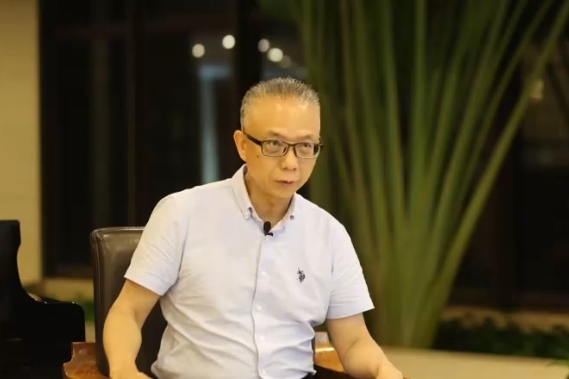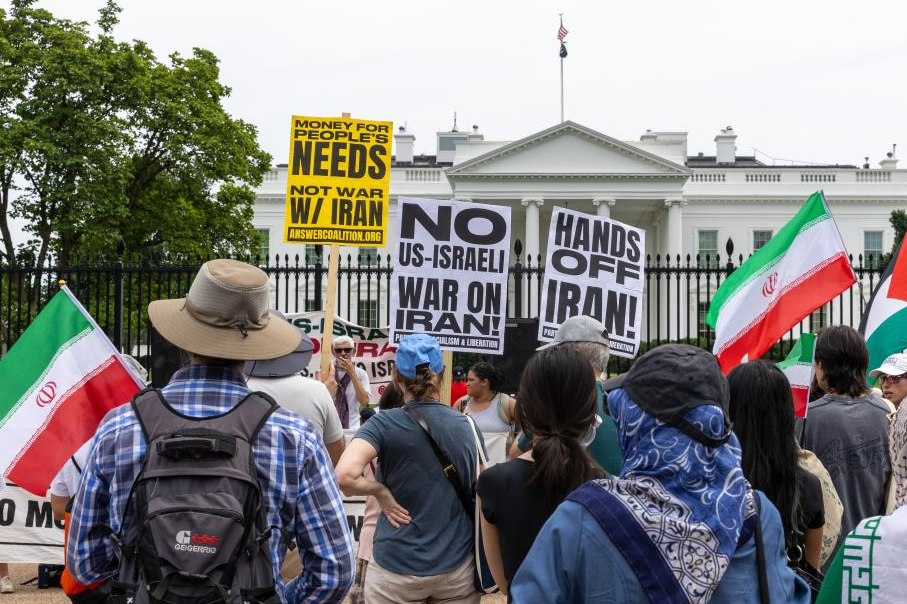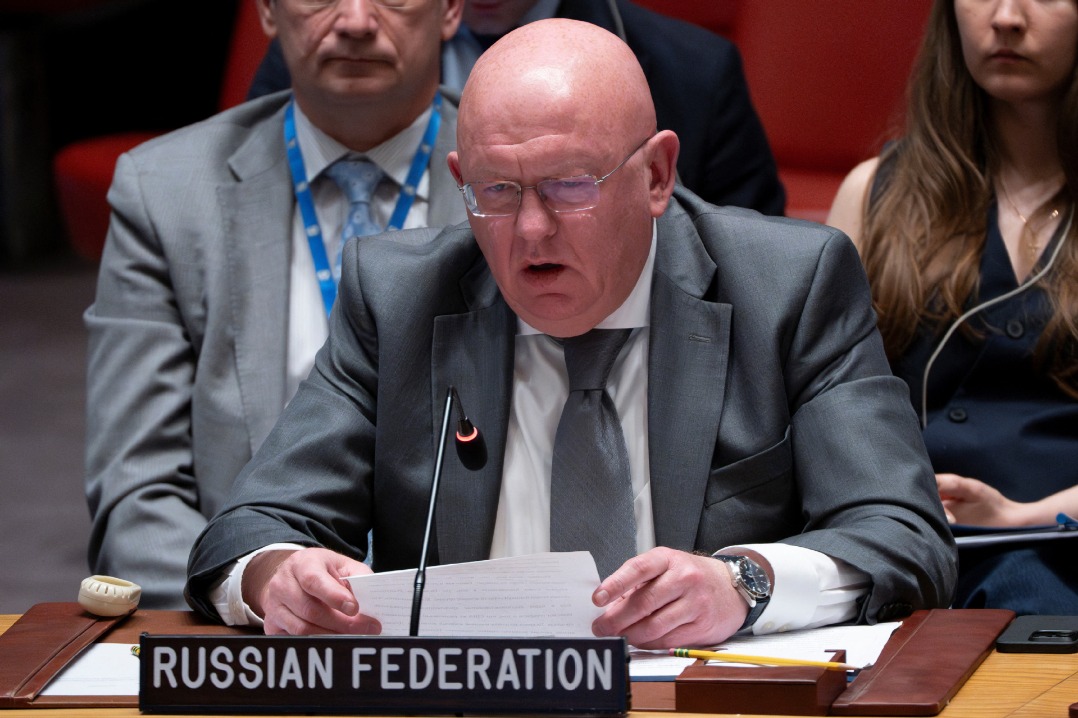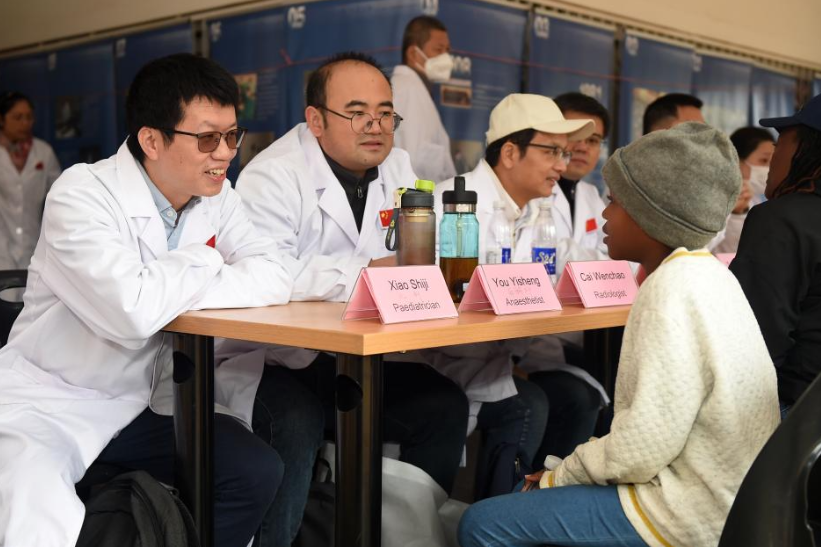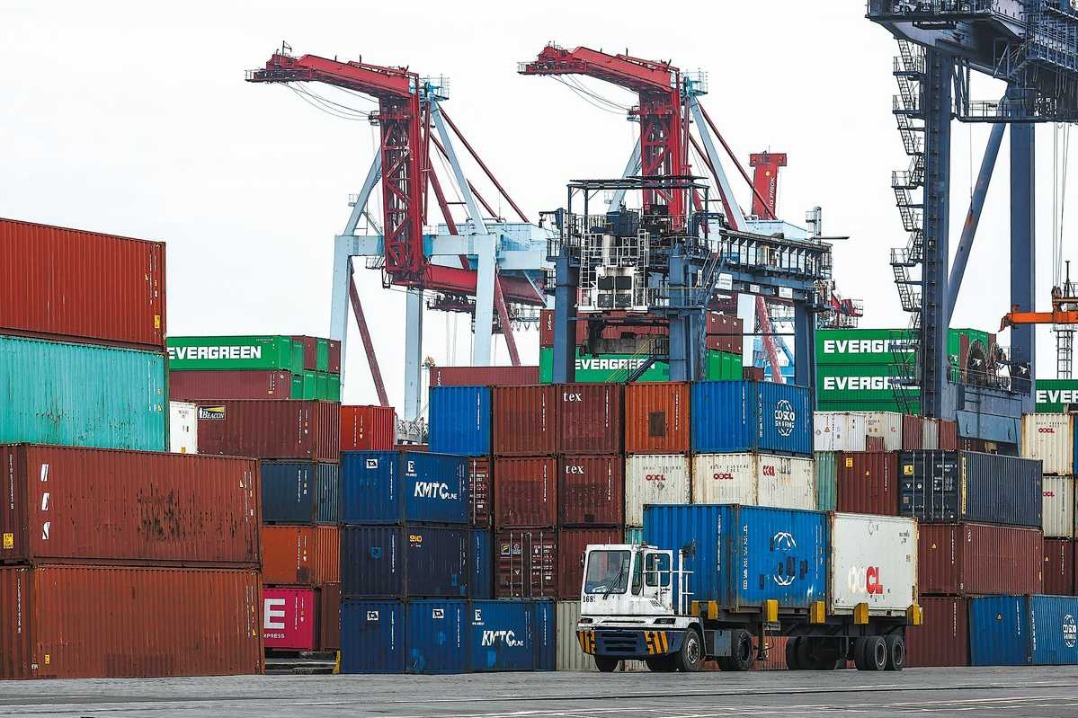First federal opioid trial starts in Ohio

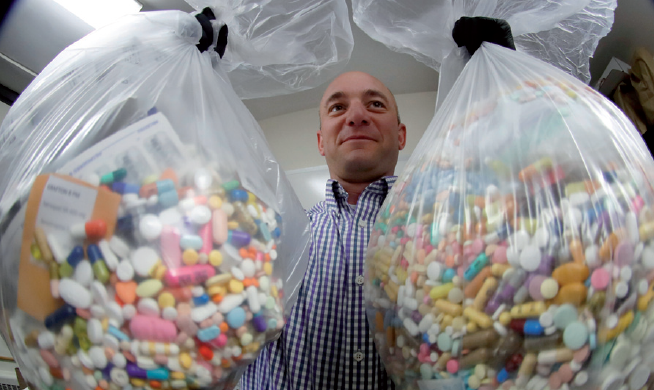
The first federal trial in the US opioid crisis to determine who should pay for the harm caused by the epidemic opened in Ohio on Wednesday as one estimate pegged the cost to the country's economy at $631 billion from 2015 to 2018.
Jury selection in US District Court in Cleveland started after three major drug distribution companies alleged to have played a part in the opioid crisis and two counties failed settle the case for $18 billion.
The distributors — McKesson, AmerisourceBergen and Cardinal Health — offered to pay $18 billion over 18 years to settle cases filed by Cuyahoga and Summit counties, which include the cities of Cleveland and Akron.
The counties seek to recover costs incurred during the opioid epidemic, including medical care, emergency services and foster care for children born to addicted parents.
US District Court Judge Dan Polster had urged the counties to settle so money could be disbursed to those who suffered harm.
Many view the trial as a bellwether case that could establish the outline for the out-of-court resolution of about 2,500 pending cases against drug manufacturers and distributors. Opening statements from opposing attorneys are expected to begin Oct 21. The trial is expected to last two months.
About 400,000 people have died from overdoses of legal and illegal opioids since 1999, federal statistics show. Oxycodone, sold widely under the brand name OxyContin, is a prescription opioid painkiller.
On Wednesday, the Society of Actuaries, a professional organization based near Chicago, said the $631 billion hit to the US economy included the cost of healthcare, lost wages due to premature death, the cost of criminal justice activities, lost job productivity as well as family assistance and education.
The two counties charge that the companies named as defendants controlled about 95 percent of the US drug-distribution market in 2018 and failed to establish safeguards to halt suspicious orders as addiction and deaths from opioids rose.
The companies argue that they distributed a legal product, followed federal regulations and monitored suspicious orders, pretrial filings show.
Henry Schein, a small distributor, Walgreens and Teva Pharmaceutical Industries are also named as defendants in the Cleveland case. A settlement could still be reached, but both sides are now going to trial.
Earlier this month, Johnson & Johnson, the world's biggest maker of healthcare products, agreed to a $20.4 million settlement to avoid a trial to determine its part in the opioid crisis in Cuyahoga and Summit counties.
J&J is the fourth drugmaker to agree to such a deal to avoid going to trial where a jury of 12 determines how much the defendant should pay in damages. Defendants routinely appeal, and the award is sometimes reduced by a higher court.
Earlier, Mallinckrodt agreed to a $30 million deal to settle its case; Endo International agreed to pay $10 million; Allegran agreed to pay $5 million.
In August, J&J lost at trial in Oklahoma, where a judge ordered it to pay $572 million for its part in the state's opioid crisis. The ruling included $107.6 million for addiction treatment, but the judge later corrected himself and said he intended to order a penalty of $107,600. As a result, the judgement could be reduced.
OxyContin was first synthesized in 1916, but wasn't available in the US until 1939. It's a time-released formulation of oxycodone and provides up to 12 hours of relief to patients experiencing chronic pain from surgery, cancer, injury or severe arthritis.
Purdue Pharma, maker of OxyContin, and the company's owners, the Sackler family, have reached a tentative agreement with 23 states and thousands of local government to settle lawsuits. The proposed deal would cost the company and its billionaire owners between $10 billion and $12 billion, including $3 billion from the family personal fortune.
















